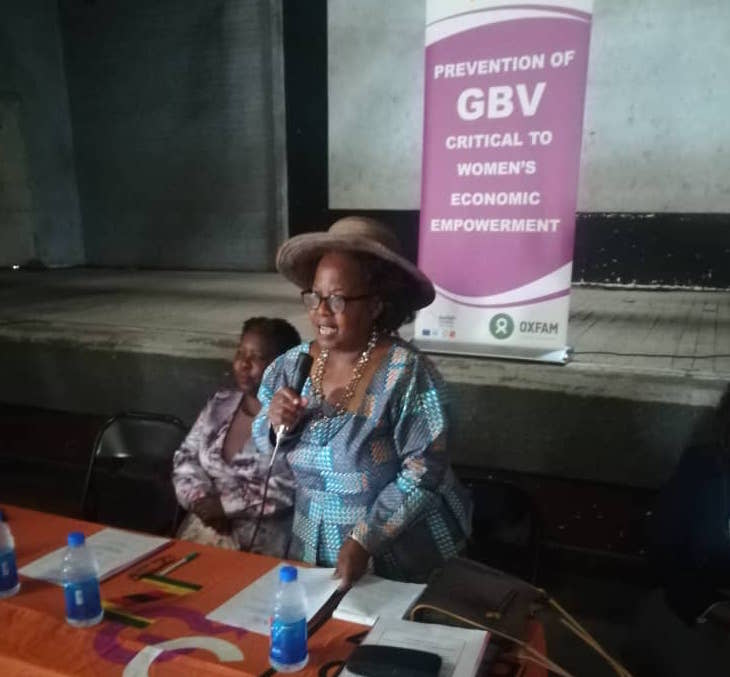|
Getting your Trinity Audio player ready…
|
By Hillary Munedzi
Gender-based violence (GBV) has a knock on women and families in Zimbabwe, with the macro-economic cost of the vice amounting to US$2 billion.
To put this into perspective, globally, an estimated 200 million women and girls have undergone female genital mutilation in 30 countries and 700 million were married as children (250 million before the age of 15) with 35 percent of women having experienced physical and sexual violence in their lifetime.
Globally, 47 percent of murders of women are committed by an intimate partner or family member.
Speaking on behalf of the chairperson of the Zimbabwe Gender Commission – Commissioner Margret Mukahanana-Sangarwe, Commissioner Dr. Mercy Nyangulu said that there is a need to empower women to be part of the financial inclusion strategy being implemented by the government.
She said there is a need to see women competing in business with the “big boys”.
This emerged at the provincial gender forum running under the theme “Gender and Economic Empowerment for Inclusive Economic Growth” that was held in Mabvuku on Monday.
“Gender-Based Violence has been noted as a factor that perpetuates gender disparities and limits women’s participation in economic sectors.
Violence against women and girls creates “economic costs” which include reduced productivity due to absenteeism, reduced women’s participation in the labour market, and losses related to higher demand for health and judicial services.
“According to UN Women (2016), the cost of violence against women amounts to US$1.5 trillion at the global level, and in Zimbabwe, a study conducted by SIDA in 2009 estimated that the Macro-Economic Cost of GBV amounts to US$2 billion,” said Dr. Nyangulu.
Zimbabwe’s National Development Strategy of 2021-2025 highlights the importance of gender sensitivity in policymaking and of women’s economic participation in attaining the government’s Vision 2030.
Women have been the worst affected groups by the devastating effects of COVID-19, climate change, and the war in Ukraine which has caused food price inflation in an already floundering economy, which has exacerbated the economic challenges being faced by women such as access to credit, financial services, and social security.
“Besides all the above, policy and administrative measures put in place by the government, the Commission notes with concern that women continue to face hurdles in respect of opportunities to participate meaningfully in the national economy, including limited access to credit; access to markets, financial services, infrastructure, access to land and limited opportunities to influence policy.
“Research shows that the face of poverty remains predominantly female in both urban and rural areas. Gender biases and patriarchal cultural norms are particularly detrimental to women and prevent them from realizing their full economic potential,” said Dr. Nyangulu.
